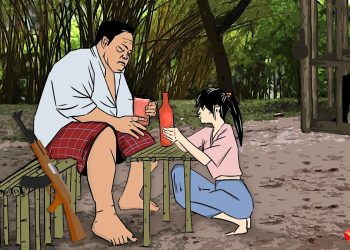WASHINGTON — A US-backed Pacific free trade pact could cause resentment in Southeast Asia as it would leave some nations in the region better positioned to access America’s market than others, a top Philippine official said Thursday.
Philippine Finance Secretary Cesar Purisima proposed inviting all 10 members of the Association of Southeast Asian Nations (Asean) to join the Trans-Pacific Partnership, even if most of them can’t for now meet the conditions for joining.
He said that would demonstrate a clear pathway for entering the pact, without lowering standards.
Asean is itself striving to reduce trade barriers among its members, but only four of them are in TPP. They are Brunei, Malaysia, Singapore and Vietnam. Those outside TPP are Cambodia, Indonesia, Laos, Burma, the Philippines and Thailand.
“If there’s a lag between the joining of the others in a high-quality agreement such as TPP, there can be resentment especially as we continue to integrate,” Purisima told the Center for Strategic and International Studies think tank.
He said countries like the Philippines would be at a major handicap for products where they compete for the US market with the four other countries.
But he said this would incentivize reforms. The Philippines would have little choice but to make constitutional or legislative changes needed for coming into TPP if exclusion from the pact was hurting businesses and jobs, he said.
Twelve nations, including the United States and Japan, that account for about 40 percent of the global economy are negotiating TPP. It is intended to cut tariffs, ease regulatory barriers, protect intellectual property, and set labor and environmental standards.
The pact is a key pillar of President Barack Obama’s effort to deepen US engagement in Asia.
Obama will be looking to demonstrate his administration’s commitment to the region when he visits the Philippines and three other Asian nations this month.
The deadline for completing TPP keeps slipping and finalizing it still appears far off. There is political opposition in the United States among many of Obama’s fellow Democrats, and the US and Japanese negotiators are also struggling to narrow differences.
Purisima voiced preference for the more “inclusive” approach of a planned trade pact between Asean, China and four other nations. Members of the Regional Comprehensive Economic Partnership can drop trade policies with which they disagree and exclude sensitive industries from competition.
It is widely seen a rival pact to TPP, which does not include China.

















